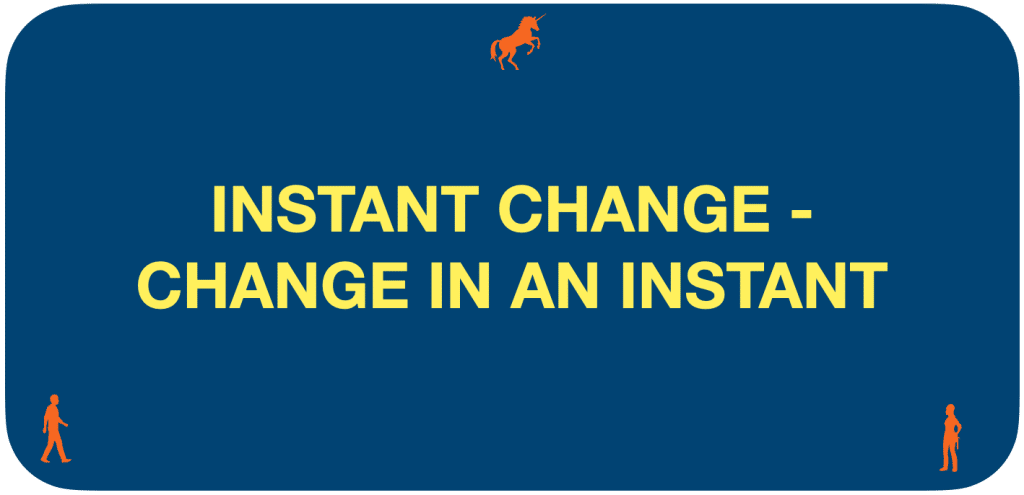How easy do you think that it is to change a habit that has been around for 40+ years?
The answer is: Super easy. If you know how the brain works and how to use language to positively influence thought, then it can happen instantaneously!
Sound unlikely? Uncommon? It isn’t, habit change is simple if you use NLP.
I have been using NLP now for many years and have many examples of how effective the change techniques are in NLP. People can change deeply ingrained habits, overcome phobias, begin recovery from depression and other mental illnesses in just a few seconds with the right guidance.
NLP Practitioners and Master Practitioners are given the tools to use their words deliberately in order to change lives. How good is that?!
Let me give you an example
I was reminded today of a simple sentence that I used when speaking with a friend several years ago. It changed several areas of his life in an instant. Neither of us realised it at the time but those few words made a big, positive difference to him.
We were playing golf and doing some light-hearted chatting as we walked between shots. We have been friends for many years and know each other pretty well. Over the years we played a lot of golf and one thing that slightly irritated me about him was that he was always late to turn up. In fact, he was late for everything!
Being a punctual type I used to get frustrated that he kept me waiting every time we met and turned up ten or fifteen minutes late. For many years I asked him to be a little more respectful and to turn up on time.
He is a respectful person in general so I was puzzled that he continually did the same thing. Because I know and use the Presuppositions of NLP on a daily basis I kept in mind that he probably wasn’t being a pain in the neck deliberately. After all, ten minutes is neither here nor there between friends, right? Still, it niggled with me, so that day I thought that I’d apply my knowledge of NLP and of the use of language to help him and to make life easier for me!
I asked him “What do you think is the reason why you are always late?” – This is a softer way of asking “Why do you persist in keeping me waiting!” A much gentler approach and one that is likely to get you an honest answer as it maintains the rapport that we have.
He replied “I don’t know.” I remember realising that “HE REALLY DOESN”T KNOW!!”
His answer suggested to me that he was willing to explore what was going on with him. This opening is important, I had the unspoken consent to explore. So I said to him:
” You can change. You just have to want to.”
9 words and he changed. In the years since this brief conversation he has been on time or early on every occasion that we have met! In fact he often gets to places before me, which delights him as you may imagine! :)
So what is in the words that had such a positive impact?
Firstly, it is worth pointing out that he told me afterward that his immediate thoughts after I made the statement were, “But I do want to change!”
He said nothing to me and didn’t utter the words but that is what he thought. He had a desire to change but had never had the trigger to do so.
There are two things that are essential for someone to change a habit:
- They have to want to change
- They have to believe that it is possible.
He wanted to change and I had never realised it before. That is the first one checked off.
The sentence “You can change.” This implies that change is possible. ‘Can’ is a very powerful word, it pre-supposes possibility, it triggers the underlying belief that we are all born with, Change is Possible.
Then I followed it up with the sentence “You just have to want to.” I knew that he wanted to be respectful, I knew that he wanted to be punctual in his life, his work, and to be more organised – he had previously told me that planning was a weakness of his.
This provided the trigger. He changed.
He told me today that what I said to him made him realise that he wanted to be on time. He also told me that the statement impacted on many other areas of his life and he finds planning easier and more interesting. What a great result!
So, let me ask you a question:
What is it that you do and can change to make your life better today? I encourage you to do it.

